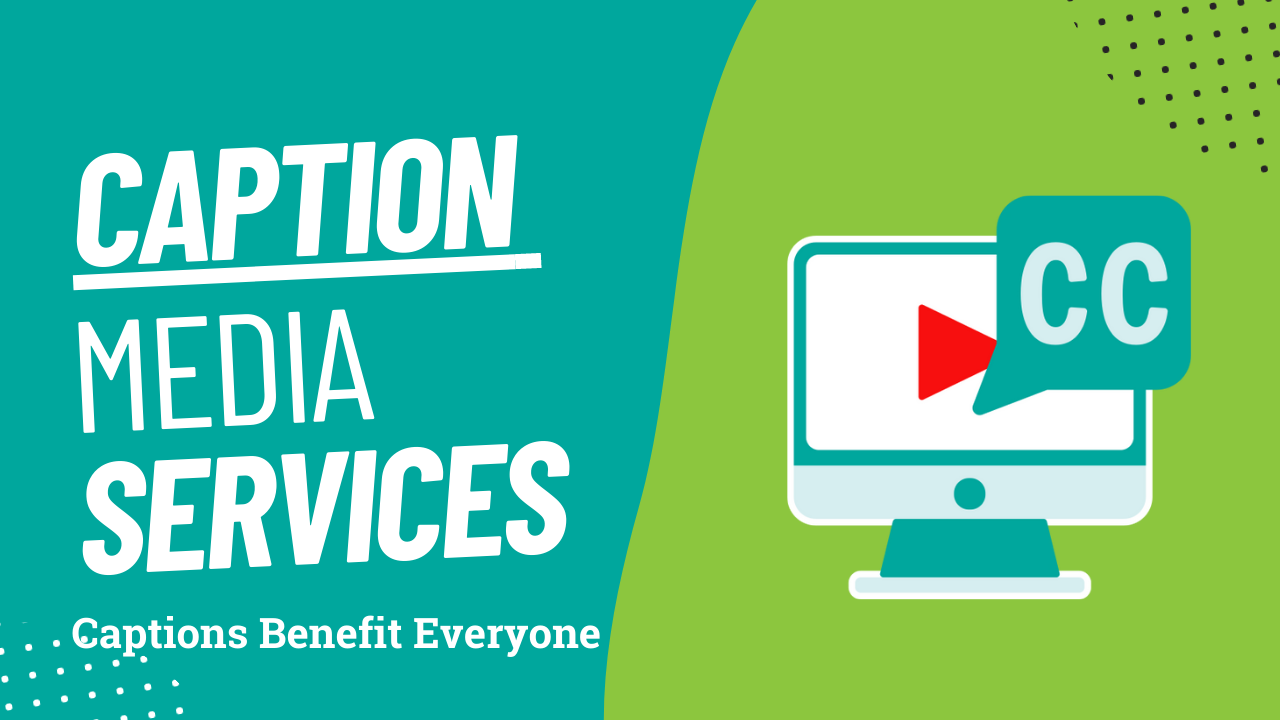There is evidence-based research in support of using captioned media without the need to specifically make a request. Captions benefit everyone, and can dramatically improve one’s ability to retain and recall information from videos. Gernsbacher (2015) reviewed over 100 studies on captioned media and points out how captions benefit everyone, even those who already have English language fluency. This includes individuals with ADD/ADHD, learning disabilities, English language learners, and more.
The National Center on Accessible Educational Materials (AEM) also emphasizes that captions help everyone when:
- People are in noisy public environments such as airports, gyms, and restaurants.
- A person wants to watch TV while someone else is sleeping or studying in the room.
- A speaker in the video has a strong or difficult to understand accent.
- A video includes specialized or unfamiliar vocabulary (legal, medical or scientific terms).
- A sound system is not working, or the sound quality is poor.
Conversely, according to Automatic Sync Technologies (AST), poorly captioned and uncaptioned videos can negatively impact students who are relying on captions to access video content, including their educational outcomes.
Additional Resources:






